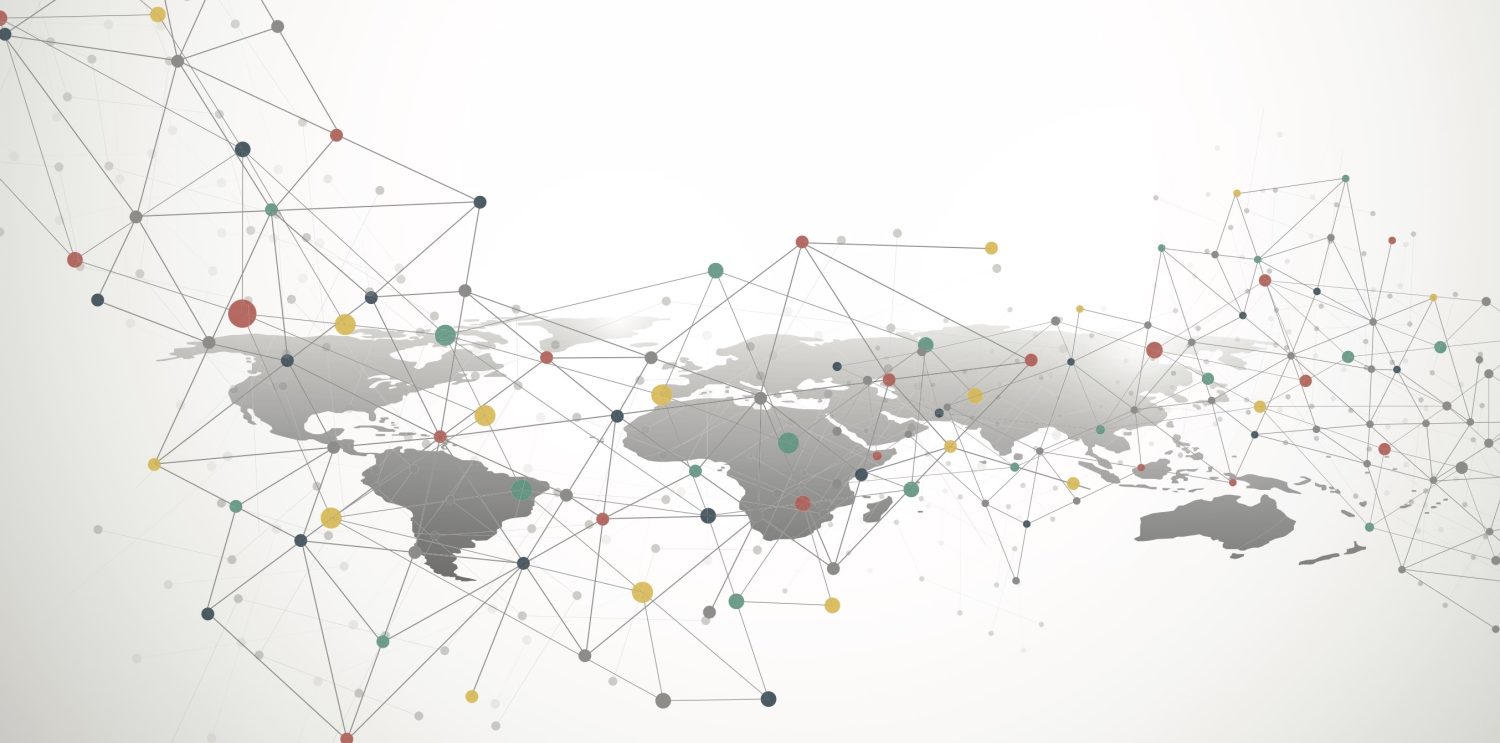
MPs Call for Greater Coordination in the UK’s Use of Targeted Sanctions to Hold Human Rights Abusers and Corrupt Actors Accountable
Today, the All-Party Parliamentary Group on Magnitsky Sanctions called for greater coordination between the UK and its partners in imposing targeted “Magnitsky” sanctions against human rights abusers and corrupt actors.
“Magnitsky” sanctions were first introduced by the UK government in 2020, to enable the UK to target individuals who have committed serious violations of human rights or perpetrators of corruption by restricting their travel and freezing their assets.
The MPs’ call coincides with the release of a new report by human rights organisations REDRESS, Human Rights First, Open Society Foundations and the Raoul Wallenberg Centre for Human Rights: Multilateral Magnitsky Sanctions at Five Years. The report details gaps in the coordinated use of these sanctions in four major jurisdictions with Magnitsky sanctions regimes: the U.S., the UK, Canada and the EU.
A more UK-focused analysis by REDRESS reveals that of the 774 unique Magnitsky sanctions designations imposed across the four jurisdictions to date, only 14% are currently listed under the UK’s Magnitsky Sanctions regime and a further 17% under other UK sanctions regimes. This means that 69% of Magnitsky designations by other countries have not yet been replicated by the UK under its Magnitsky or other sanctions regimes. The report also found that the UK needs to take a more proactive and leading approach in identifying perpetrators who should be subject to Magnitsky sanctions, and work to impose sanctions without fear or favour.
Sir Iain Duncan Smith MP, Co-Chair of the APPG on Magnitsky Sanctions, said:
“Magnitsky sanctions work best when multiple countries act together to constrain perpetrators ability to carry out unacceptable behaviour, or to send a signal that such behaviour is not tolerated by the international community. The lack of coordination undermines the effectiveness of these sanctions, or even worse, it can turn the UK into a haven for some perpetrators to enjoy their ill-gotten gains by allowing corrupt officials, kleptocrats and human rights perpetrators, sanctioned by the US and other jurisdictions. We must do better to coordinate with our allies and to share information for sanctioning purposes where it is available.”
Chris Bryant MP, also Co-Chair of the APPG, said:
“The evidence demonstrates that Magnitsky sanctions work to hold human rights abusers and corrupt actors around the world to account, and to provide a measure of justice for victims. The UK must ensure that it keeps pace with its allies and replicates the leadership it has demonstrated on the sanctions imposed against actors involved in Russia’s invasion of Ukraine elsewhere.”
For media inquiries, please contact: REDRESS, Eva Sanchis, Head of Communications, at [email protected] or +44 (0)20 7793 1777 or Lo Riches, Policy & Advocacy Officer, at [email protected]
Note to editors:
The All-Party Parliamentary Group on Magnitsky Sanctions was launched in 2021 in response to growing cross-party support for the use of Magnitsky sanctions. Magnitsky sanctions are named after Sergei Magnitsky, a Russian tax adviser who was detained and subject to inhuman and degrading treatment after exposing corruption by Russian interior ministry officials, and who died in custody in 2009, after being refused urgent medical treatment. The new APPG is co-chaired by the former Deputy Leader of the House of Commons, Chris Bryant MP, and the former Secretary of State for Work and Pensions and former leader of the Conservative Party, Sir Iain Duncan Smith MP.
Magnitsky sanctions are used across a number of jurisdictions across the word since 2017 to curb human rights abuses and corruption by freezing the perpetrators’ assets and stop them from travelling internationally. They were first introduced by the UK government in 2020.
REDRESS, which has long advocated for the use of sanctions to prevent and seek accountability for human rights abuses, is acting as the Secretariat for the APPG on Magnitsky Sanctions. More information about its work on sanctions can be found here.
Photo by iStock
